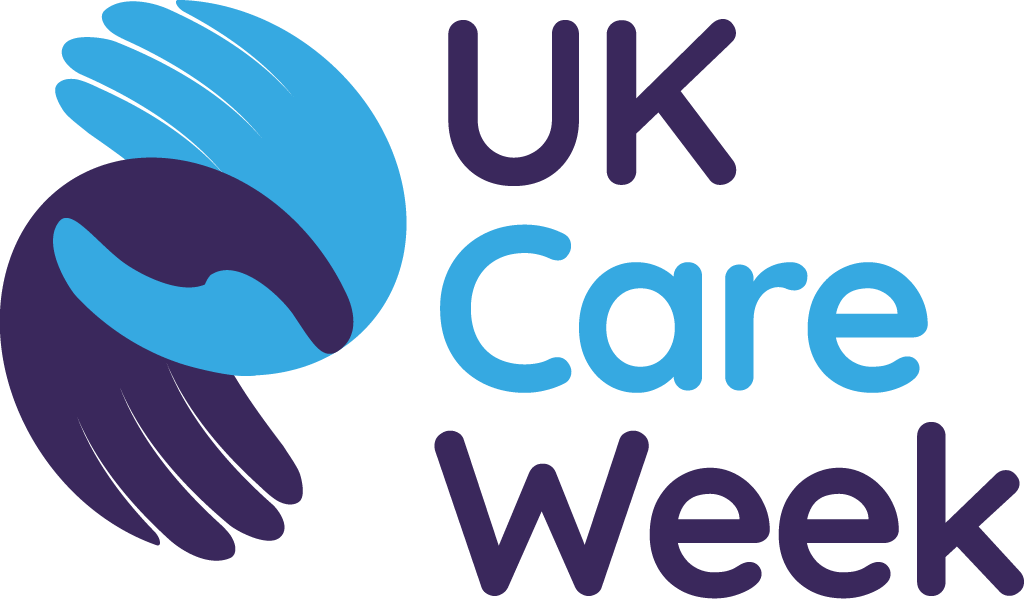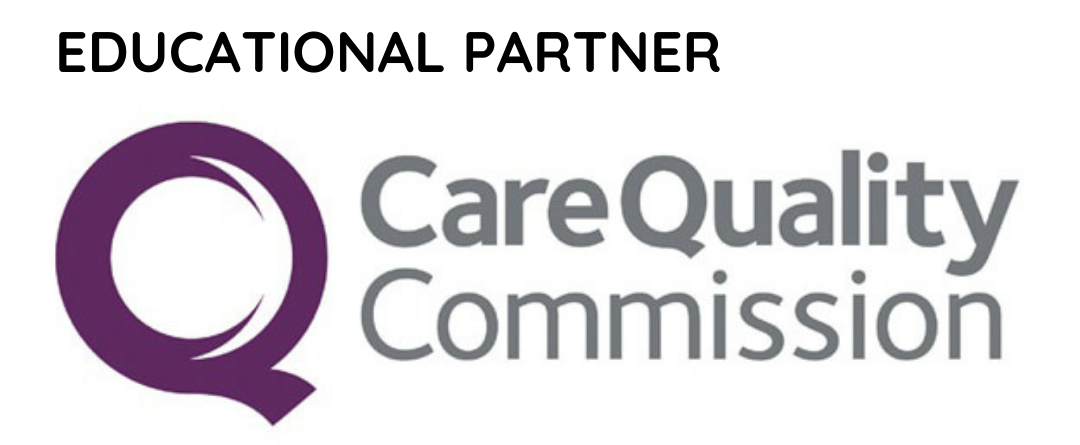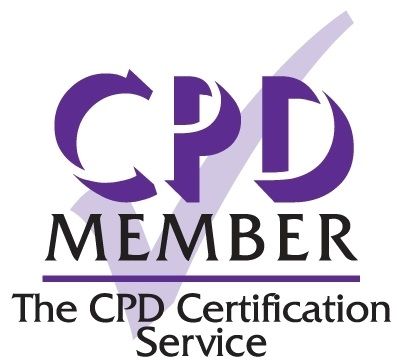Not getting enough deep sleep? How to improve your sleep and feel better
)
Forget the fitness monitor. We know when we have slept well. Bounce out of bed, ready for the day? You slept fine. Groan when you hear the alarm, put it on snooze, and eventually crawl towards the coffee? You didn’t.
Deep sleep is vital to our health and wellbeing, and it is no wonder that we feel awful if we don’t get enough. During deep sleep muscles repair, our immune system functions most effectively, memories are laid down, and protein debris is removed from the brain. A lack of deep sleep is associated with greatly increased risks of certain cancers, heart disease, diabetes, dementia, mental health issues, and obesity. The spectre of dementia- linked proteins building up inexorably in my brain haunted me until I leant how to sleep.
Deep sleep is clearly important, but what is it, exactly?
Deep sleep is the slowest, most powerful stage of our sleep. Think sleep is a time when the brain switches off? No. Our consciousness is disengaged, but the electrical power of the brain during deep sleep is greater than at any other time of day. When we are thinking, stressed, busy, our brain produces fast “beta” brainwaves, around 13-30 pulses / second (12-30Hz). In deep sleep, our brain activity slows to 0.5 - 4 Hz. For many of us, deep sleep decreases with age, Patterns of too-light sleep resulting from listening out for young children, stress, or diet become hard to shift although we have the capacity to sleep deeply at any age.
How can we improve our sleep? These strategies can help:
Diet
Sugar and carbs fragment sleep and lighten sleep quality. Fibre deepens sleep. If you wake in the night, stick to protein and vegetables in the evening, with good fats to provide the energy that we need to sleep well.
Consider your need for Vitamin D, B12, B6, magnesium, iodine and selenium, all essential for good sleep. 80% of us lack magnesium and given its role in relaxation and sleep it can be particularly useful.
Hydration
Deep sleep is a demanding activity for the brain. It can’t function properly if we are dehydrated.
Light
Lack of daylight and sunlight limit our ability to make Vitamin D, serotonin and sleep hormone melatonin. Night-time ”blue” light from screens decreases our melatonin and disrupts our circadian clocks. Go outside in the morning, spend 1/2 hour in the sunshine with your skin exposed whenever your shadow is shorter than you, and reduce screen time at night.
Calming the mind
Sleep hygiene, cognitive behaviour therapy and mindfulness can all calm our mind. These techniques often work, especially if used along with other methods.
Sleep tech.
Sleeping pills tend to damage rather than enhance sleep quality, increasing our risk of dementia. So what about tech?
Sound
Tubingen University pioneered the use of sound to amplify the power of deep sleep brainwaves, reflected in the Philips and Dreem headbands. This technique isn’t suitable if we already lack sufficient deep sleep brainwaves.
Microcurrents
The Fischer Wallace and Alpha–Stim devices pass electrical currents through the brain to stimulate specific nerve cells. The Modius headset sends an electrical pulse into the vestibular nerve. Other devices, including the NeoPhythm, use powerful magnetic fields to induce electrical changes in the brain. All to influence the brain and enhance sleep. These devices are safe, but still, I can’t bring myself to try them. I just don’t like the idea of a current through my brain.
Resonance
My own North London start-up developed the Zeez Sleep Pebble, an under the pillow device that uses extremely low power pulses which match the frequencies of good sleep to prompt good sleep patterns. No headset, no electrodes, no currents through the brain. One button, no app. Of course, I like it best. Our oldest user is 91. I am proud of the results we have had with people with Parkinson’s and dementia.
Whatever methods you choose, keep going. Good quality sleep is achievable at any age. My own sleep used to be appalling. For me now, bed is a wonderful sanctuary, and sleep is to be relished. I am still amazed by the difference that good sleep makes, grateful for the sense of security that knowing that I will sleep deeply and wake refreshed provides.
Anna McKay is co-inventor of the Zeez Sleep Pebble and will be at the Dementia and Care Expo Stand D553.
For more info including a referenced version of this article see www.zeez.org.uk
Email anna@zeez.org.uk
T +44 (0) 208 347 8734



